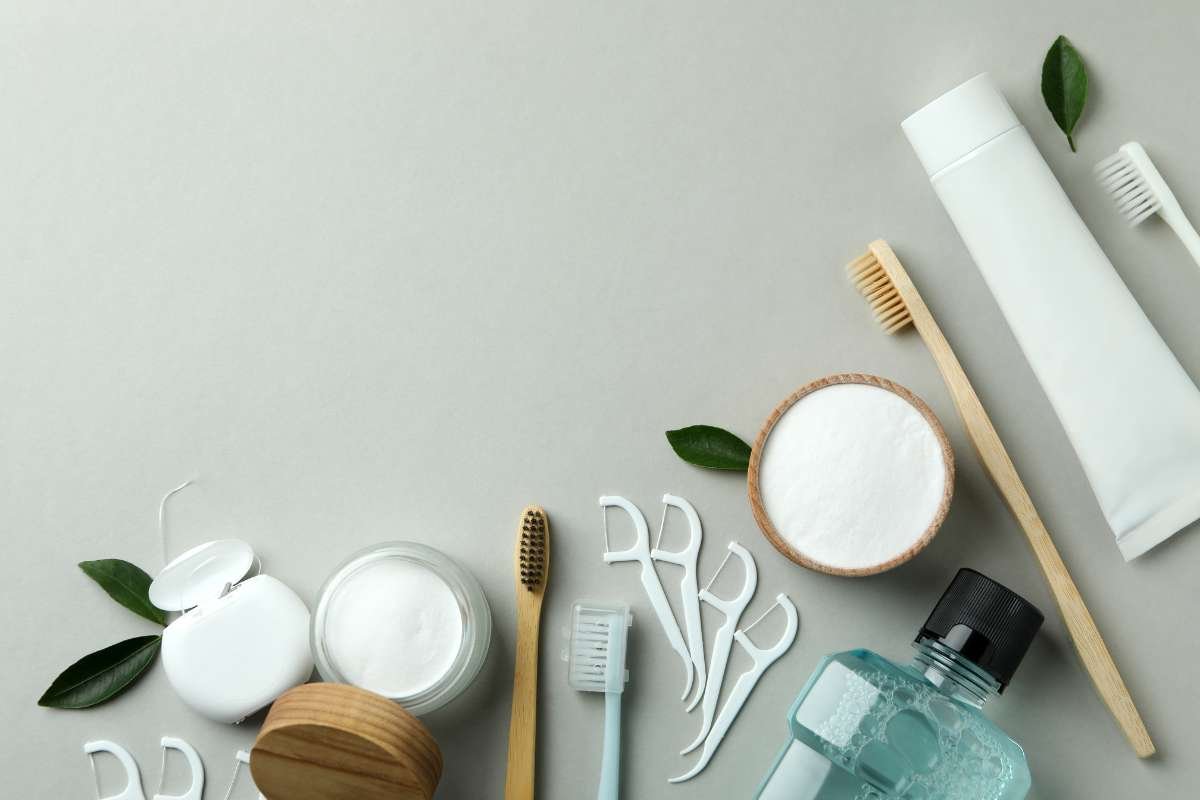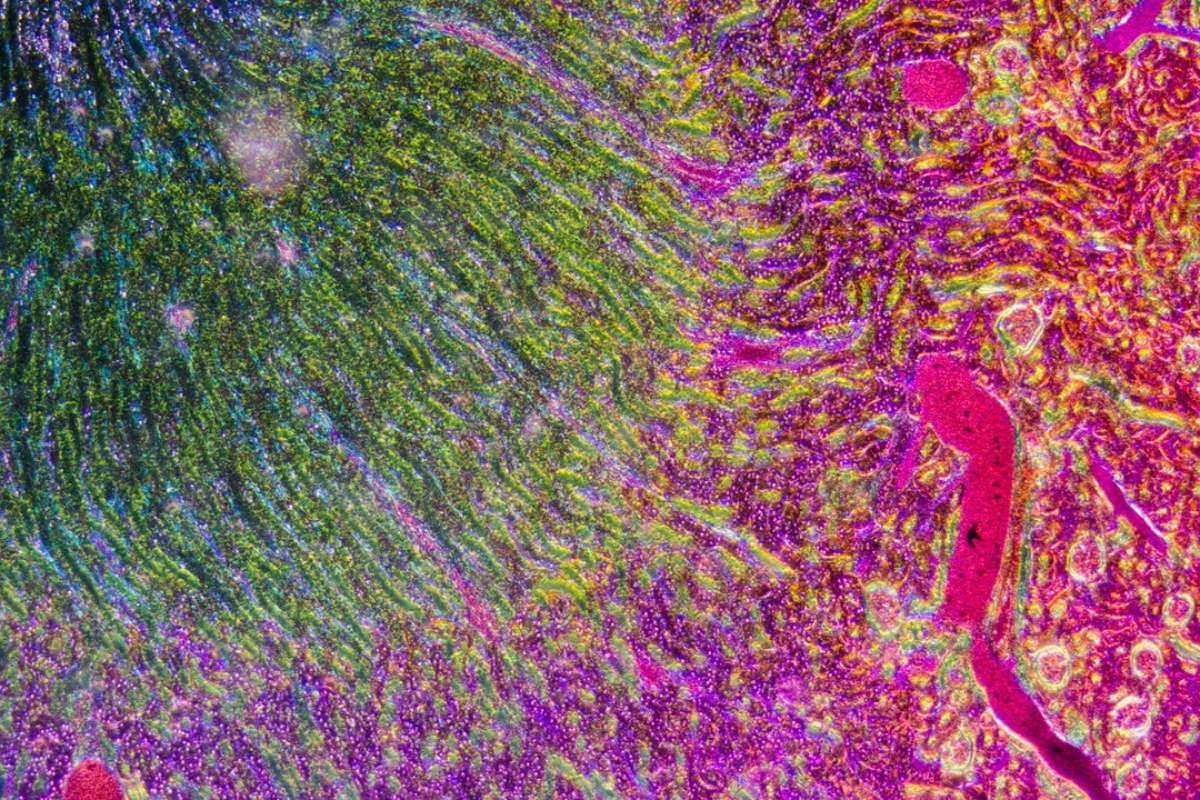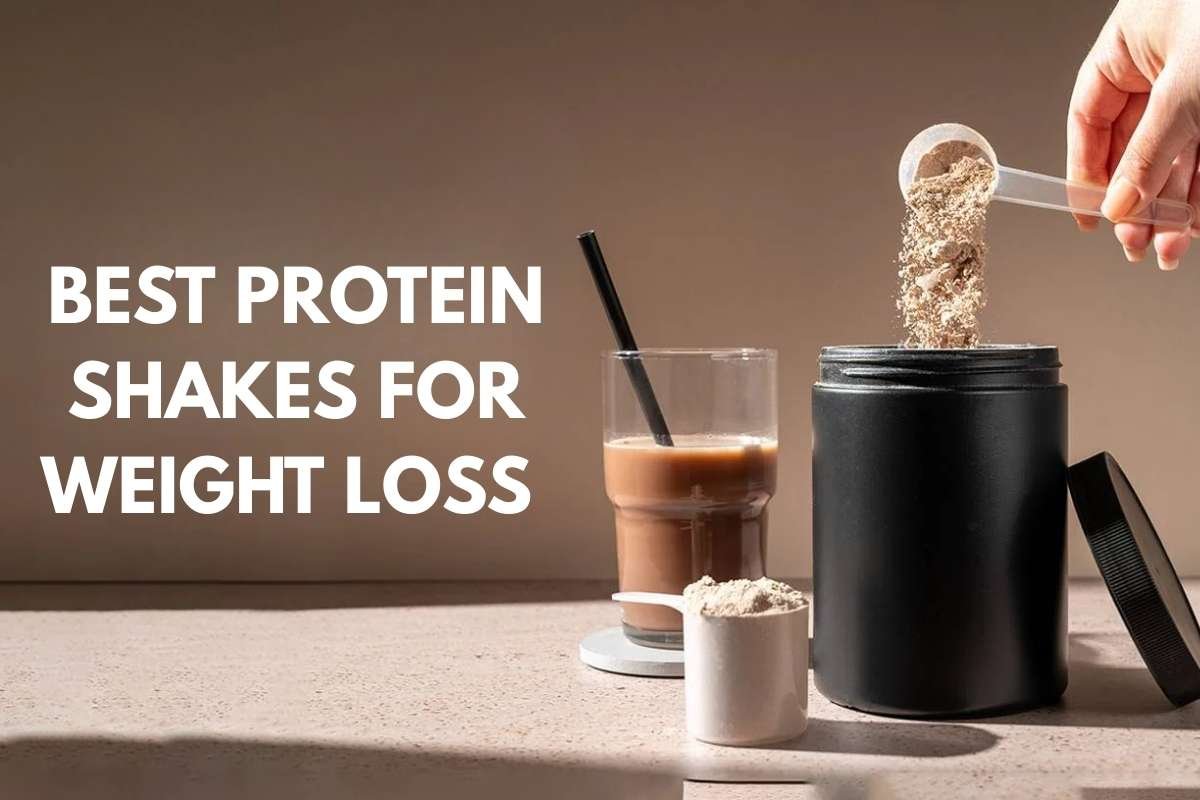Taking care of your oral health is essential for more than just a bright smile—it’s key to your overall well-being. Neglecting oral hygiene can lead to various problems, from cavities and gum disease to bad breath and even more serious health conditions. Thankfully, keeping your mouth healthy doesn’t have to be complicated. With a few simple daily habits, you can protect your teeth and gums, improve your breath, and avoid costly dental treatments down the road. Here are 12 easy-to-follow oral health hygiene tips that will help you maintain a healthy mouth for life.
1. Brush Your Teeth Twice a Day
Brushing your teeth twice a day is a cornerstone of good oral health hygiene. Use a fluoride toothpaste and a soft-bristled toothbrush to remove plaque and food particles. The American Dental Association (ADA) recommends brushing for at least two minutes each time. Brushing helps prevent the buildup of plaque, which can lead to tooth decay and gum disease.
2. Don’t Forget to Floss
Flossing is just as important as brushing, yet many people skip this crucial step. Flossing helps remove food and plaque from between the teeth and along the gumline, areas that a toothbrush can’t reach. Regular flossing reduces the risk of cavities and gum disease, ensuring that your oral health hygiene is well-rounded.
3. Use Mouthwash for Extra Protection
Mouthwash is an excellent addition to your daily oral health hygiene routine. A good mouthwash can kill bacteria, reduce plaque buildup, and freshen your breath. Choose a mouthwash with fluoride for added protection against cavities and one that is alcohol-free to avoid drying out your mouth.
4. Replace Your Toothbrush Regularly
Your toothbrush wears down over time and can become less effective at cleaning your teeth. For optimal oral health hygiene, replace your toothbrush or toothbrush head every three to four months, or sooner if the bristles are frayed. This ensures that your toothbrush continues to effectively clean your teeth and gums.
5. Be Mindful of Your Diet
What you eat directly impacts your oral health hygiene. Foods high in sugar and acids can contribute to plaque build-up, cavities, and gum disease. Limit your intake of sugary snacks and drinks, and incorporate more fruits, vegetables, and dairy products into your diet to strengthen your teeth. Drinking plenty of water also helps wash away food particles and bacteria, contributing to better oral health hygiene.
6. Avoid Tobacco Products
Tobacco use is a major contributor to poor oral health hygiene. Smoking or using smokeless tobacco can lead to gum disease, tooth discoloration, and even oral cancer. If you want to protect your teeth and gums, quitting tobacco is one of the most important steps you can take for your overall oral health.
7. Don’t Use Your Teeth as Tools
Your teeth are for chewing, not for opening bottles, tearing packages, or cutting things. Using your teeth as tools can lead to chips, cracks, or other damage that can impact your oral health hygiene. Always use scissors or other appropriate tools to avoid unnecessary wear and tear on your teeth.
8. Visit Your Dentist Regularly
Regular dental check-ups are essential for maintaining good oral health hygiene. Your dentist can detect early signs of tooth decay, gum disease, and other oral health problems that you may not notice on your own. The ADA recommends visiting your dentist at least once a year for a thorough check-up and professional cleaning.
9. Use a Tongue Scraper
Many people forget to clean their tongues, which can harbor bacteria and contribute to bad breath. Using a tongue scraper can help improve your oral health hygiene by removing bacteria, food particles, and dead cells from the surface of your tongue. Make it a habit to scrape your tongue gently each time you brush your teeth.
10. Avoid Grinding Your Teeth
Teeth grinding (or bruxism) is a common problem that can negatively affect your oral health hygiene. Grinding your teeth can lead to tooth wear, jaw pain, and even tooth fractures. If you grind your teeth, consider wearing a nightguard to protect your teeth while you sleep.
11. Consider Sealants for Extra Protection
Dental sealants are thin, protective coatings that are applied to the chewing surfaces of your back teeth. They act as a barrier against cavities by preventing food particles and bacteria from accumulating in the grooves of your molars. Sealants are especially useful for children and teenagers but can also be beneficial for adults looking to improve their oral health hygiene.
12. Drink Plenty of Water
Water is essential for maintaining good oral health hygiene. It helps wash away food particles, neutralize acids produced by bacteria in your mouth, and keep your mouth hydrated. Drinking plenty of water throughout the day helps maintain a healthy pH level in the mouth, which is crucial for keeping harmful bacteria in check.
Final Thoughts
Good oral health hygiene is crucial not only for maintaining a beautiful smile but also for overall health. By following these 12 tips, you can protect your teeth and gums from disease and ensure that your mouth stays fresh and clean. Remember, consistency is key. Regular brushing, flossing, and dental check-ups, along with a healthy diet and lifestyle, will keep your oral health hygiene in top shape.
By making small, simple adjustments to your routine, you can enjoy a lifetime of healthy, strong teeth. Prioritize your oral health hygiene today, and you’ll be rewarded with a confident smile and a healthier mouth tomorrow!







